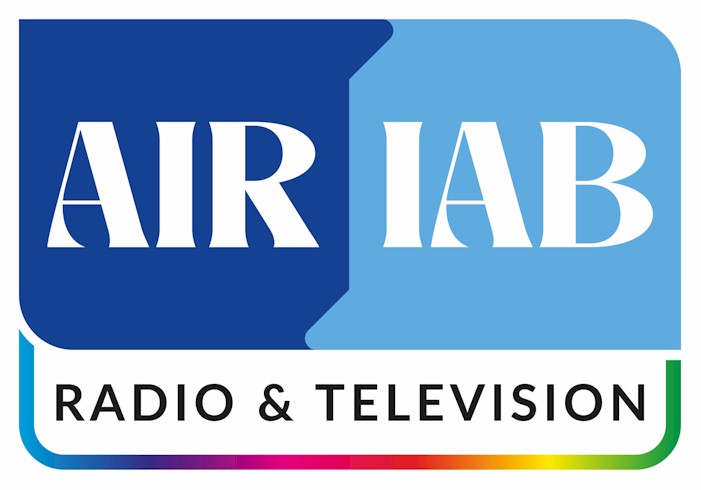United States | Radio’s message to Congress: Music Industry is a missing dance partner in royalty negotiations.
The debate over whether radio should pay royalties for on-air music use will get an airing today in Washington when a hearing is held on the latest legislative proposal. The message from broadcasters in response will be simple: the music industry has walked away from efforts to reach the negotiated settlement that lawmakers prefer.
“We have been sitting at the table for four years, ready and willing to have meaningful conversations around this with the music industry. And we don't have a willing dance partner,” National Association of Broadcasters President Curtis LeGeyt told Inside Radio.
In an interview, LeGeyt said as the music industry and broadcasters struck a deal on the Music Modernization Act in 2018, at the urging of House Judiciary Committee Chair Jerrold Nadler (D-NY), NAB agreed to try to reach a settlement on the decades-old fault line over on-air performance royalties.
“In response, we entered into discussions behind closed doors with the music industry that lasted for more than 18 months,” LeGeyt said. “But our attempts were rebuffed. We came back to the table several times, but at no point did the music industry formally present a counteroffer to anything that we were putting on the table.”
LeGeyt said he is not sure why the music industry walked away from the conversations. But the proposed American Music Fairness Act (H.R. 4130) may be seen as a better outcome than anything the NAB was suggesting, he noted. The main target of the bill is the largest radio groups, whose rates would be set by the Copyright Royalty Board. Stations that fall under $1.5 million in annual revenue and whose parent companies make less than $10 million in annual revenue would pay $500 per year in performance royalties. And even smaller stations – those with less than $100,000 per year in revenue – would pay ten dollars a year.
But LeGeyt said the bill is a lopsided proposal that would impose a new royalty on radio, without giving local stations anything in return so that they may grow their revenue and benefit both broadcasters and musicians.
Terms of the NAB offers have not been made public, but the trade group has said they broadly cover a variety of music uses, including both on-air and streaming. As he takes over as head of the NAB, LeGeyt said he still believes that is where the sweet spot lies.
“If it is just simply going to be a zero-sum game, you're never going to find a middle ground that will benefit local broadcast listeners, as well as creators,” he said. “My hope would be to find a solution that would incentivize broadcasters to grow and innovate in streaming. And that means lower costs and ensure that artists are benefiting from that increased airplay and promotion.”
Fresh Faces, Fresh Opportunity?
The debate over performance royalties dates back to the days when Frank Sinatra hits boomed out of AM radios. Through the decades, there have been openings for potential dealmaking. This may be one such moment, as LeGeyt takes over the NAB and Joe Crowley, who spent two decades on Capitol Hill as a New York congressman, now leads the music industry-backed musicFirst Coalition.
LeGeyt and Crowley met in the fall, but both said Tuesday that their face-to-face included little in the way of actual negotiations.
“It was just really a very brief conversation,” said Crowley. Nevertheless, Crowley said he hopes the leadership change will lead to a realization by broadcasters that they will need to pay. “We encourage any opportunity for discussion, we think that's healthy. But at the end of the day, we believe that legislation will still be required to right this injustice,” Crowley said.
LeGeyt was less optimistic. “We have seen no movement from the music industry, in terms of its willingness to restart conversations,” he said.
Ticking Political Clock
With negotiations stalled, one way the back and forth continues to play out is in lobbying members of Congress to sign each side’s respective legislation. Royalty supporters have secured the backing of 31 House members – their bill has not yet been introduced in the Senate – while NAB helped get 208 names added to the resolution opposing a radio royalty in the House, with another 23 names on the Senate version.
It is also playing out in a political year, with progress likely to grind to a halt on most congressional business by the summer as the focus turns to the November elections.
Crowley said he is confident that momentum is swinging their way and today’s hearing is an indication that the radio royalty issue has the attention it needs to advance in Congress. “This has been a work in progress for over a year, and we're confident this legislation will pass this year,” he said.
LeGeyt dismissed the idea that the NAB is simply trying to run out the legislative clock for another congressional session by pushing for more focus on private negotiations.
“We're less focused on the legislative calendar, and more focused on whether we have a willing dance partner who might actually want to advance the cause on something that is good for broadcasters, and good for artists,” he said. “And right now, we don't see that.”
